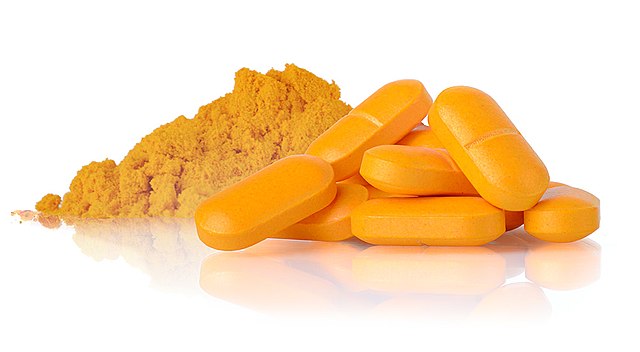There is much empirical evidence that certain foods have significant health benefits and, in certain cases, this evidence is backed up by detailed studies. Many of these studies have been carried out over extended time periods with proper adherence to the required protocols. The Mediterranean diet, for example, has been the subject of many such studies and there is a general consensus on the correlation of human health with the consumption of olive oil, fresh vegetables, seafood, nuts, legumes etc.
These studies have, in turn, led to a closer look into what components of these foods are playing the most significant contribution to the benefits that are observed. The importance of mono-unsaturated fatty acids and polyphenols found in olive oil and many types of fish, the vitamins and minerals in vegetables, nuts and beans, is now widely accepted. For many other foodstuffs, claims for their benefits may not always have such a sound basis, however. Such claims are often based on an analysis of a particular foodstuff in order to identify its component compounds and the extrapolation of the effects of these components in vitro, that is to say in a laboratory petri dish or test-tube, to in vivo situations, i.e. in the human body. Such an easy extrapolation, however, often fails to take into account the obstacles that these compounds nutrients have to overcome in the digestion process in order to be absorbed into the body and find their way to where they will act. Many of them will, in fact, be broken down on the way. Thus, very many plant foods contain compounds whose antioxidant properties are well-known from laboratory observation but their actual behaviour in the body is much less certain.
The dangers of making excessive claims are illustrated by the case of curcumin. Turmeric is a spice widely used in south-east Asian cuisine as well as in a number of traditional medicines. Turmeric powder is non-toxic and is a composed of a number of compounds of which about 3% is curcumin which is also responsible for its orange-yellow colour.

Although properly designed studies have not been carried out, traditional use has led to the conclusion that turmeric may have some benefit for digestive complaints, arthritis, colds etc., as well as having a placebo effect. This has encouraged others to explore the use of turmeric and, more particularly, curcumin itself, for other treatments such as for cancer, neurodegenerative diseases and, more recently, Covid-19. Indeed, curcumin shows appropriate activity in essentially any in vitro assay carried out. Unfortunately, curcumin doesn’t have a number of the properties required for in vivo use such as stability, high water solubility, selective target activity, high bioavailability, broad tissue distribution and stable metabolism.
Many research papers have been published including a number from a researcher at the MD Anderson Cancer Center. These papers reported that curcumin had therapeutic potential for various cancers, Alzheimer’s disease and COVID-19. At one point, the site of the Cancer Center even recommended the purchase of curcumin wholesale. However, it was discovered that many of the papers published contained fabricated material and an investigation by the Center eventually led to 30 of the articles being retracted. This has not prevented others citing the research, however, and curcumin continues to be recommended as a dietary supplement and curcumin has a global market as a pharmaceutical estimated to be around 30 million USD in 2020.
At the end of the day, this has meant that enormous amounts of money and countless person-hours have been spent, thousands of laboratory animals have been used, and the hopes of patients in search of a cheap, non-invasive cure have been dashed. Fortunately, curcumin does not appear to have any negative side-effects but this may not always be true for other similar cases. Yes, there are many cheap and effective treatments out there for a multitude of diseases but there are also many people who are looking for an opportunity to economise on other peoples needs or to boost their own profile, scientific or otherwise, by any means possible.

Hello i think that i saw you visited my weblog so i came to Return the favore Im trying to find things to improve my web siteI suppose its ok to use some of your ideas
This website has quickly become my go-to source for [topic]. The content is consistently top-notch, covering diverse angles with clarity and expertise. I’m constantly recommending it to colleagues and friends. Keep inspiring us!